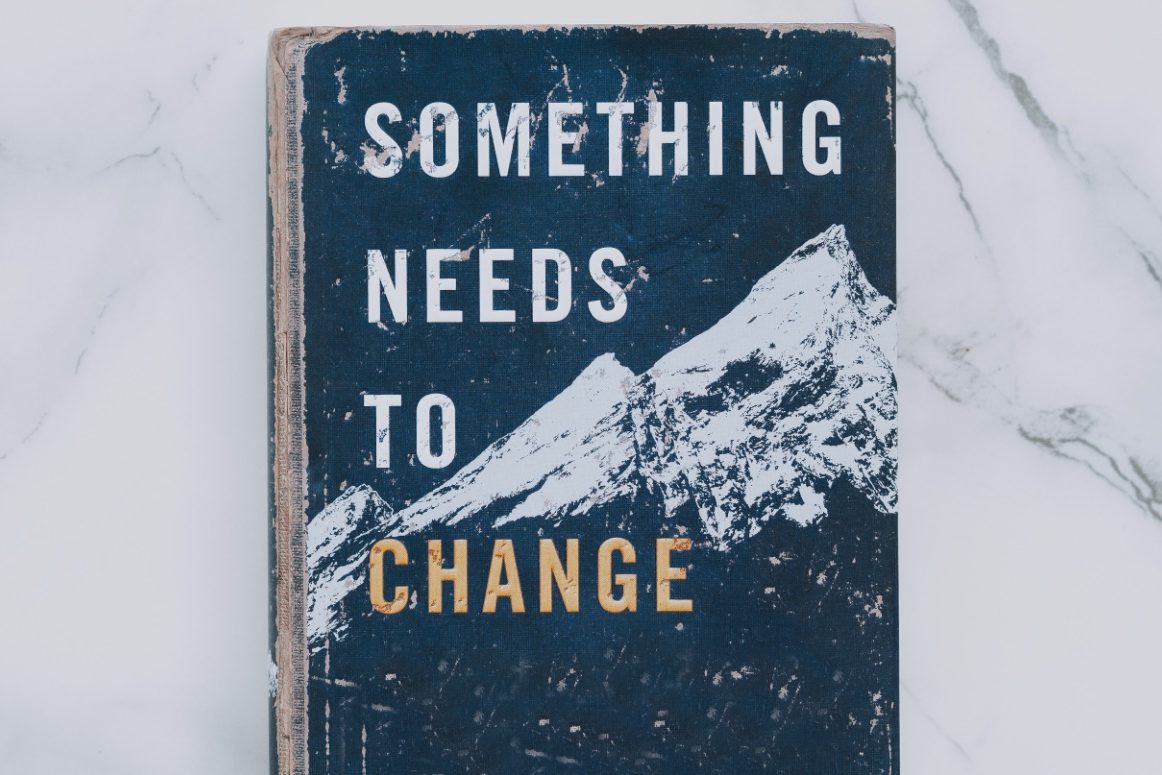This is a historical period of challenges, transformation of human relationships, way of working and lifestyle. Suddenly an external threat has imposed a new direction to your personal and professional life. Nowadays, almost all the organizations, people and society face an unexpected change. Change can be unsettling and intimidating and, triggers feelings of uncertainty, doubts and fear.
How do you want to lead this change? How do you want to leverage your skills and potentiality to give a new direction to your personal and professional projects?
The key point is to embrace change and use it as an opportunity to grow and learn.
Firstly, it is important to practice specific skills such as cognitive agility, adaptability, being strategic and establishing which are the priorities of your personal and professional life.
Adaptability means to adjust readily to a new situation and enjoy the exploration of the unknown. It has been defined a leadership imperative. The current situation has abruptly interrupted a consolidated lifestyle, obliged to find a new place to work in your house and establish a new routine. All of that can be overwhelming and out of control.
However, an interesting aspect that has arisen during the conversations with my clients is the need to shape a new leadership identity. My personal reflection has led me to investigate the concept of adaptive leadership. Ronald Heifetz, Senior Lecturer in Public Leadership, co-founder of the Center for Public Leadership at the John F. Kennedy School of Government, Harvard University, and Martin Linskyis, Adjunct Lecturer in Public Policy, consider adaptive leadership an iterative process involving three key activities:
- noticing situations and events around you
- finding reasonable explanations of what you are observing
- planning specific actions to overcome challenges.

If you want to be an adaptive leader, you need to envision something that many others don’t, especially a well-articulated vision of the positive future. Adaptable leaders accept change and are conscious of the dynamics occurring within their personal and professional environment. They find ways to manage complex and unknown challenges, and learn new skills and behaviours that help them to thrive during times of transition. They establish strategies to deal with the unknown, and adopt new behaviour to tackle new situations and adversity. An adaptive leader is able to respond effectively to transformations of their personal and professional context.
To become an adaptive leader is important to develop specific skills such as:
- cognitive agility: the capacity of using different thinking strategies and mental frameworks
- emotional intelligence: the ability to be aware of your own emotions and those of others
- dispositional optimism: the ability to generate more vivid mental images of positive events. Having the expectation that your outcomes will generally be positive and believing that a stressful present can change to become better in the future.
All these skills can be learned and improved by practicing the behaviours linked to them. This learning process will allow you to enter into a zone of discomfort where a positive attitude, self-awareness, new behaviours need to be adopted to continue to thrive.
I do not think that exists a perfect recipe to become a great leader and face these unpredictable times. Although, I believe that it is possible to learn and improve yourself in every situation.
Look at the present, learn from the past and envision the future.








